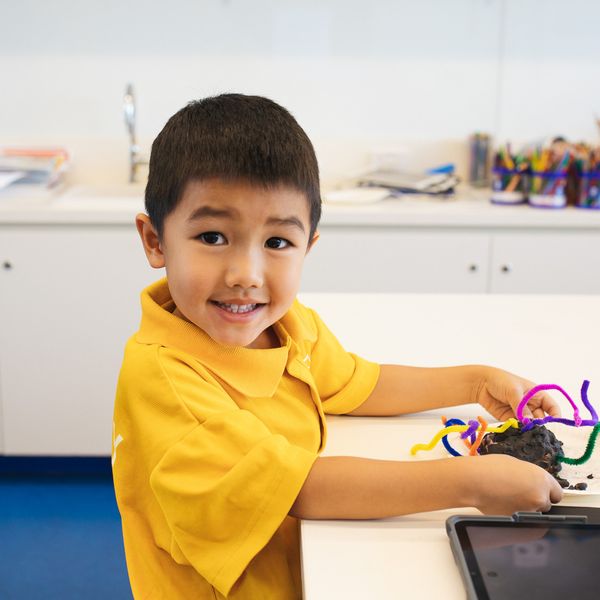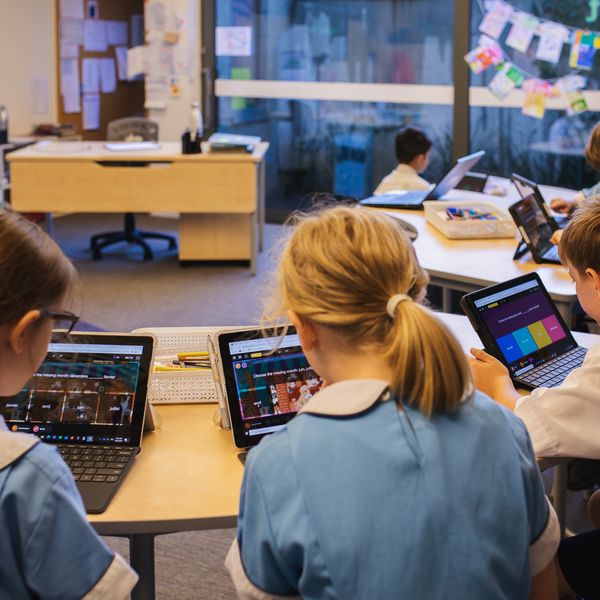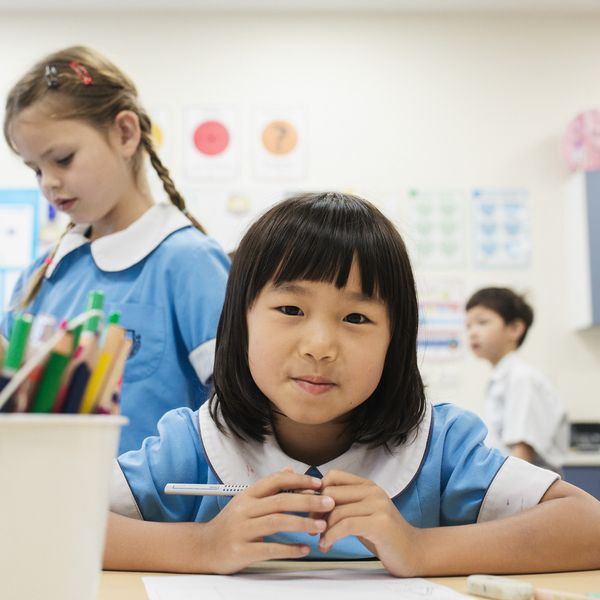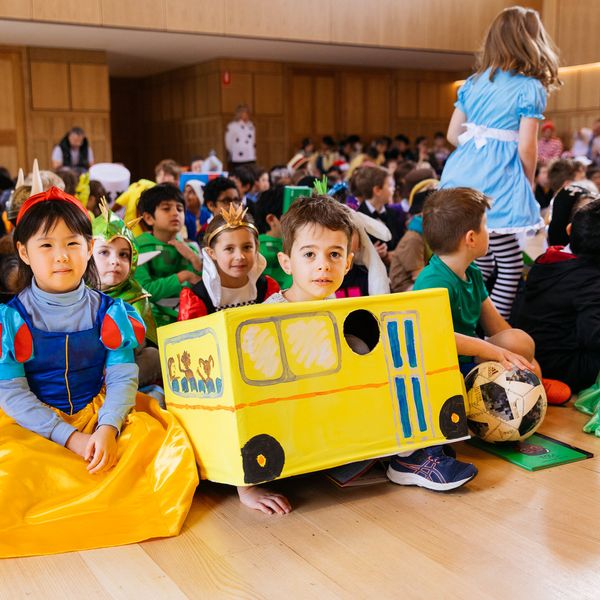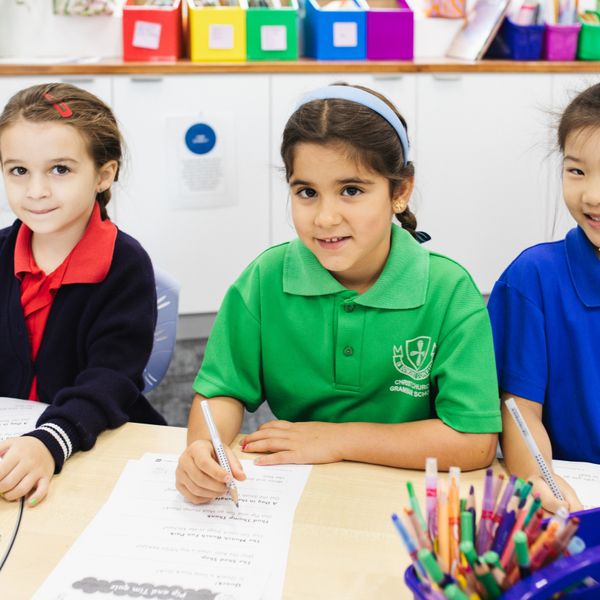Christ Church Grammar School emphasises the crucial role of the first years of school in a child's development, focusing on reading, writing, communication and numeracy.
Prep - Year 2
The first five or six years of school are the most critical in a child’s life, which is why we invest in these years.
We focus on teaching core values such as respect, empathy, and tolerance, guided by experienced educators. This approach creates a safe and supportive learning space where children can explore and grow during these formative years.
Developing a love of learning
In Prep, children are gently introduced to the joys of learning through play, creativity, and inquiry. Our curriculum is designed to spark curiosity and foster a love for discovery, laying a solid foundation in literacy, numeracy, and critical thinking skills. The classrooms are vibrant and interactive spaces, filled with laughter and the buzz of young minds at work.
A focus on the fundamental skills
As students progress to Year 1 and Year 2, they continue to build upon these foundational skills using explicit instruction.
Explicit instruction is a structured, systematic and effective way to teach academic skills. Students are guided and supported, with clear explanations, until they master each new skill.
Reading for life
We use the systematic phonics program to teach our Prep and Year 1 students to read. This program is an explicitly taught approach to teaching fundamental, foundation skills.
The program includes daily practice of skills and reading with decodable books, and links the teaching of reading, writing and spelling.
Expert teachers at Christ Church Grammar School
Our teachers are leaders in early years education and draw on their extensive experience and best-practice research.
